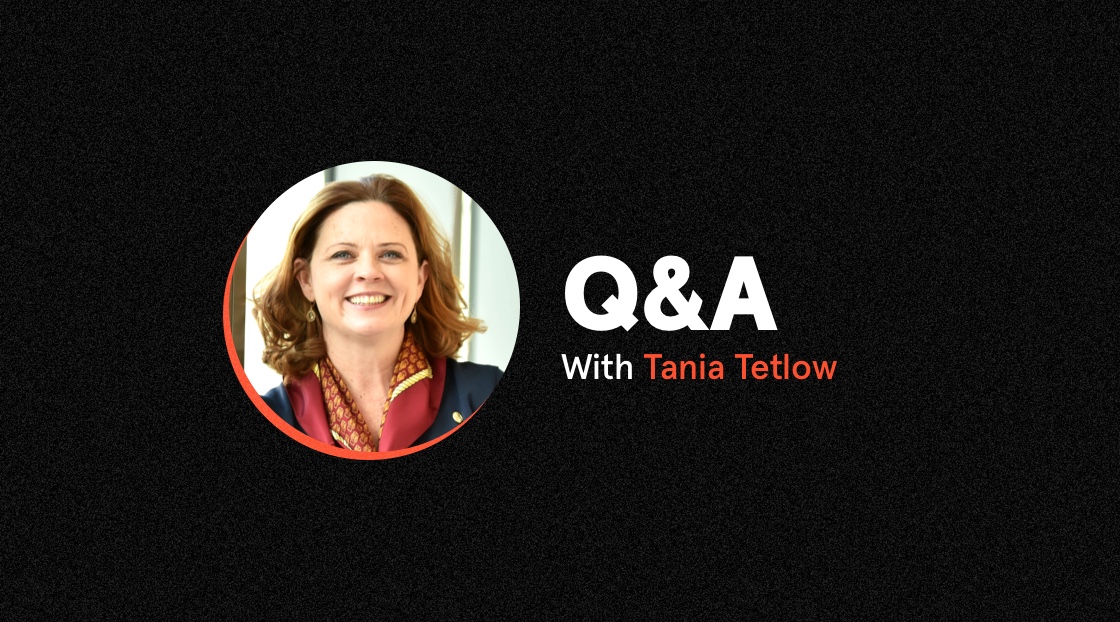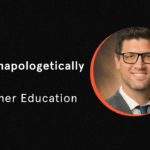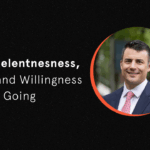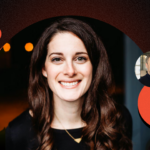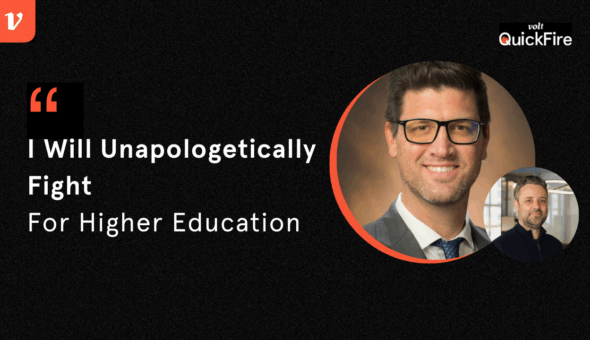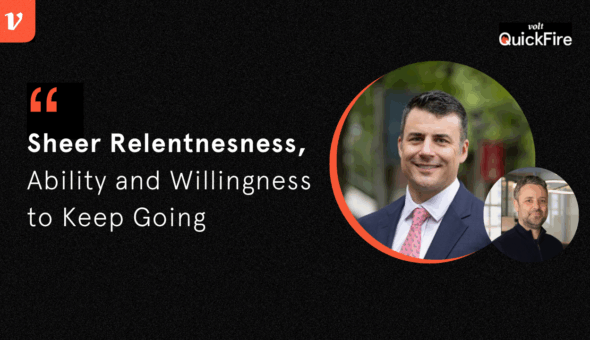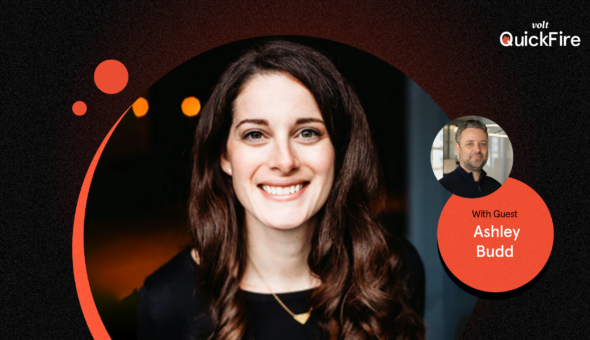In this exclusive interview, Volt sat down with Tania Tetlow, president of Fordham University in New York City. President Tetlow knows from firsthand experience that education is a lifelong endeavor. Join us as we discuss meritocracy in the American education system, the importance of a well-rounded education in developing opportunity, and President Tetlow’s desire for a better world.
President Tetlow, you had a unique path to the president’s office. Could you describe your professional journey and how you became a president?
I am the first woman and the first layperson to be named president of Fordham University, on July 1, 2022. I was also the first woman and first layperson to lead Loyola University New Orleans, where I served as president from 2018 to 2022.
Prior to Loyola, I was the Felder-Fayard Professor of Law at Tulane University, where I was also senior vice president and chief of staff to the president. As a law professor, my research helped persuade the U.S. Department of Justice to reimagine its regulation of constitutional policing. I also directed Tulane’s Domestic Violence Law Clinic and worked to improve the local criminal justice response to gender-based violence.
Before my career in academia, I was an associate at a law firm, litigating complex commercial transactions, and served as an assistant U.S. attorney, prosecuting cases involving everything from violent crime to fraud.
I graduated from Tulane with a Bachelor of Arts degree in American studies, and from Harvard Law School, where I earned a Juris Doctor degree and was a Harry S. Truman Fellow.
I am literally a child of Fordham: my parents met here when they were graduate students, and my father was a Jesuit priest. After meeting my mother, he made the difficult decision to leave the priesthood and start a family. I like to think he made the right decision.
What was the single driving force behind your choice to join higher ed leadership?
I realized that higher education is a place I could really matter. We determine whether meritocracy and opportunity exist in this country. We have the capacity to help solve problems and to speak with moral authority. Doing this work at a Jesuit university, allows me to be quite vocal in pushing for a better world.
What do you think are the greatest challenges facing higher ed leadership in general and Fordham University specifically?
Increasingly, Americans have stopped seeing higher education as a public good. Somehow the moral imperative to support education broadly with public money—as an investment in meritocracy, opportunity and a thriving economy—seems to stop at high school. For both public and private institutions, it has become harder to bridge the gap between the excellence our students deserve and what American families can actually afford.
What makes an effective leader in the current socio-political climate?
Having a vision, and having the intellectual and political skills to bring that vision to life. I am lucky to have been educated as an attorney and worked as a litigator. It trained me to understand how to craft compelling, understandable arguments. This is also a moment that requires a fair amount of courage given the minefields we navigate.
Fundraising is a large portion of your duties. How do you balance fundraising efforts with the ethos of the institution without losing valuable donors or sacrificing ethics?
I have been lucky—or chosen wisely, take your pick—to lead Jesuit institutions. The alumni and donors of which don’t have to be persuaded that our mission is important, or that they should invest in the greater good.
To date, I have not had a conversation with a donor in which we weren’t in agreement about the purpose and necessity of philanthropic support. And a remarkable number of our major donors were first-generation students themselves.
There is an ongoing debate in the public sector regarding the overall value of a college degree in the professional sphere. What would be your advice for those individuals without degrees that would persuade them to see the benefits of higher education?
No matter what you do in life, your prospects will be greatly improved by the ability to think critically and by having a broad knowledge base from which you make life decisions. You will have more options in life, you will live a fuller life, and you will be in a position to contribute more to the greater good. A university education is an investment in yourself, and it always pays off—sometimes in ways you never anticipated.
Would you appeal to the earning potential or would you stress the importance of a wider knowledge base and personal growth?
It’s not either/or. A university education gives you the capacity to live more deeply, and the financial wherewithal to afford a better life for you and your loved ones.
What do you think is an institution’s primary objective in the lives of its students?
To invest in their many talents and help them to be the very best versions of themselves. To help them find not just a first job, not just a career, but a vocation. To embed in them a lifelong curiosity such that this will just be the beginning of their education.
How is Fordham University navigating the ongoing challenge of the great resignation and the impending demographic cliff?
Though we lost some administrators and a smaller number of faculty post-COVID, we haven’t been as adversely affected as many institutions. People have a remarkable loyalty to Jesuit higher education, even when they could earn more money in the private sector.
So far, we haven’t struggled with enrollment, but one of the things we’re doing is making sure that our curriculum is aligned with the knowledge and skills our graduates will need to succeed in the world. Our faculty are currently engaged in revising Fordham’s core curriculum to ensure it serves students’ career and life needs.
What are your personal goals for Fordham University as you move forward?
In these increasingly urgent times, I want Fordham to have the greatest possible impact on the world—by creating opportunity, through transformative teaching and with the kind of research that solves the world’s toughest problems.
What is the key to leadership, or what makes a great leader?
Self-awareness. It is the root of emotional intelligence, which is the prerequisite for all the other virtues a good leader possesses.
